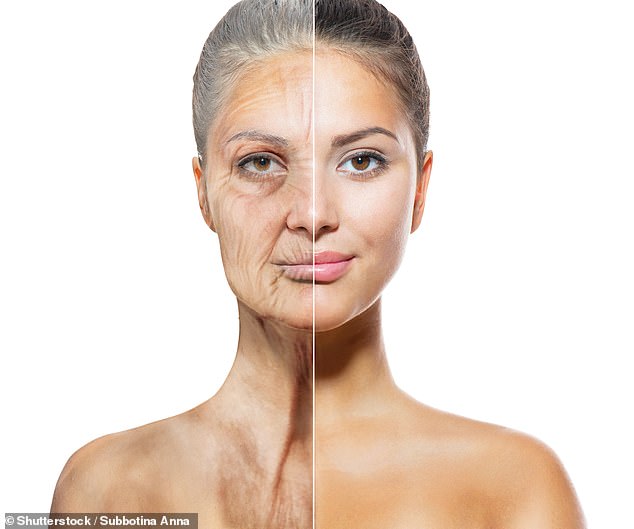It may seem unfair, but being unattractive could mean you are more likely to die younger than your good looking peers.
In fact, ‘ugly’ men live nearly a year less on average than those who were considered good looking.
And unattractive women die on average two years early than those who are more blessed in the looks department, according to a US study published in Social Science and Medicine.
The researchers, from Arizona State University and University of Texas at Austin, analysed data from a long-running study that tracked more than 8,300 Wisconsin high school students from 1957 to their old age or death in 2022.
Alongside a lifetime of health data, researchers also collected yearbook photos and tasked independent arbiters to rate their attractiveness.
Those in the bottom sextile for attractiveness were 16.8 per cent more likely to have died than those in the middle four rankings
The looks of the participants were then ranked into six categories, from most to least attractive.
Using the National Death Index researchers also compared the deaths that occurred in group up to 2022 and found almost half of the sample passed away by the end of the follow up period.
Those in the bottom of the six categories for attractiveness were 16.8 per cent more likely to have died than those in the middle four rankings.
The mortality rate difference between the middle four rankings and the ones that were ranked highest for attractiveness wasn’t significant.
‘Little is known about the association between facial attractiveness and longevity,’ write social scientist Connor Sheehan from Arizona State University and economist Daniel Hamermesh from the University of Texas at Austin in their published paper.
‘But attractiveness may convey underlying health, and it systematically structures critical social stratification processes.’
‘Broadly, we found that those whose facial attractiveness was rated in the least attractive sextile had a higher mortality risk throughout life compared to those rated average or high,’ the study authors write.
‘Importantly, we found little advantage in longevity for those rated with high levels of attractiveness relative to the average.’
Although attractiveness hasn’t been shown to impact longevity directly, it might have an influence — better looking people might be healthier, for instance — Dr Sheehan explained in an Arizona State University interview.
He said: ‘Attractiveness could directly influence longevity as considerable research has found that there is a genetic component to attractiveness.’
But he adds that as conversations on social media about ‘pretty privilege’ have highlighted, more attractive people are treated better in day-to-day interactions.
There is also extensive social science that demonstrates that more attractive people earn more, get treated better by teachers, are less likely to commit crime and, when they do, receive lighter sentences, Dr Sheehan adds.
Dr Hamermesh agrees that although it is possible unattractive faces are a signal that people are already less healthy, for instance, symmetrical faces indicate people who are better able to fight disease, social effects were the more likely explanation.
He suggested that if the difference is caused by societal prejudice, the results could change.
‘Over time, if people didn’t pay as much attention to looks in daily life, I’m quite sure that 100 years from now we wouldn’t see these differences in longevity,’ he told the Times.

